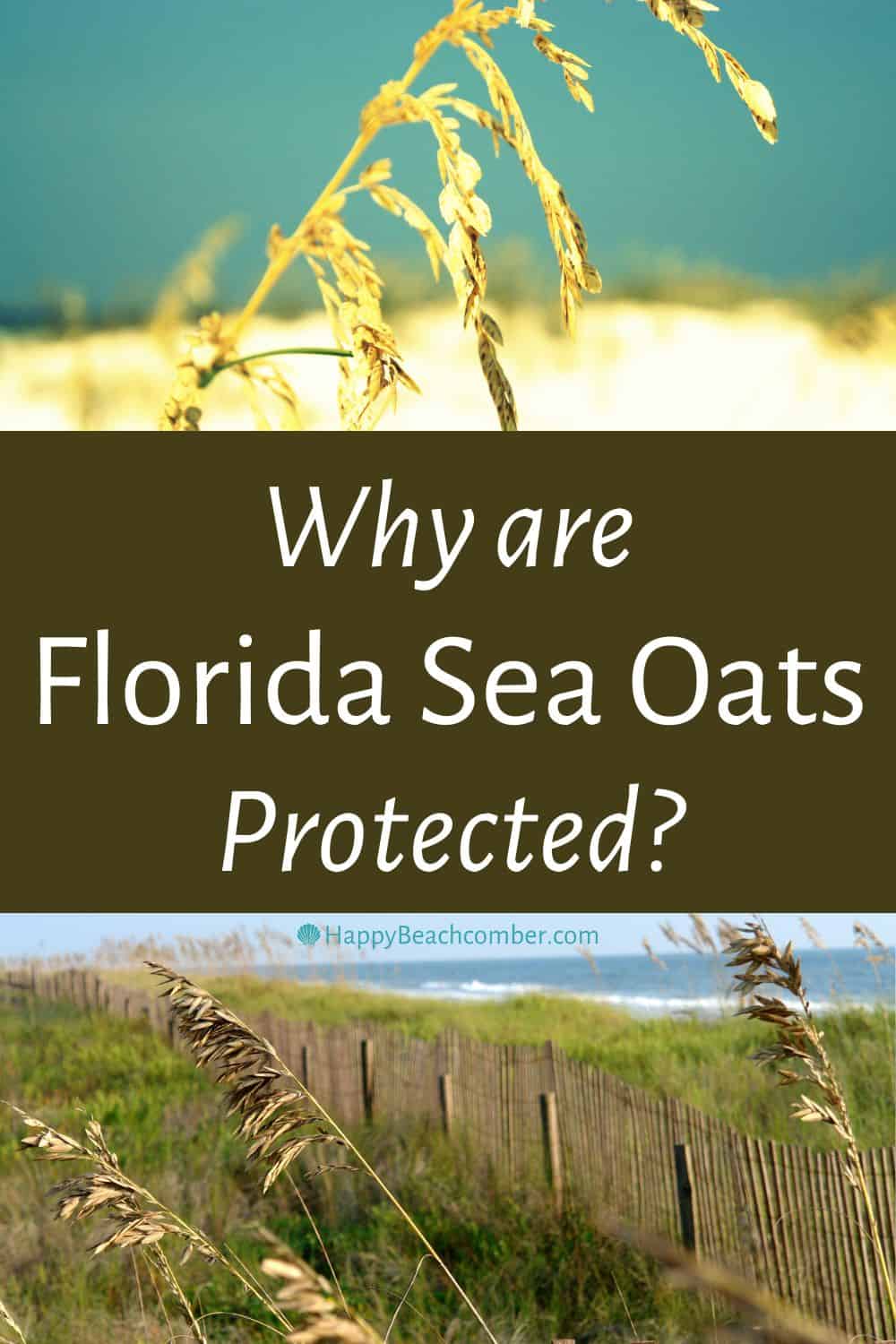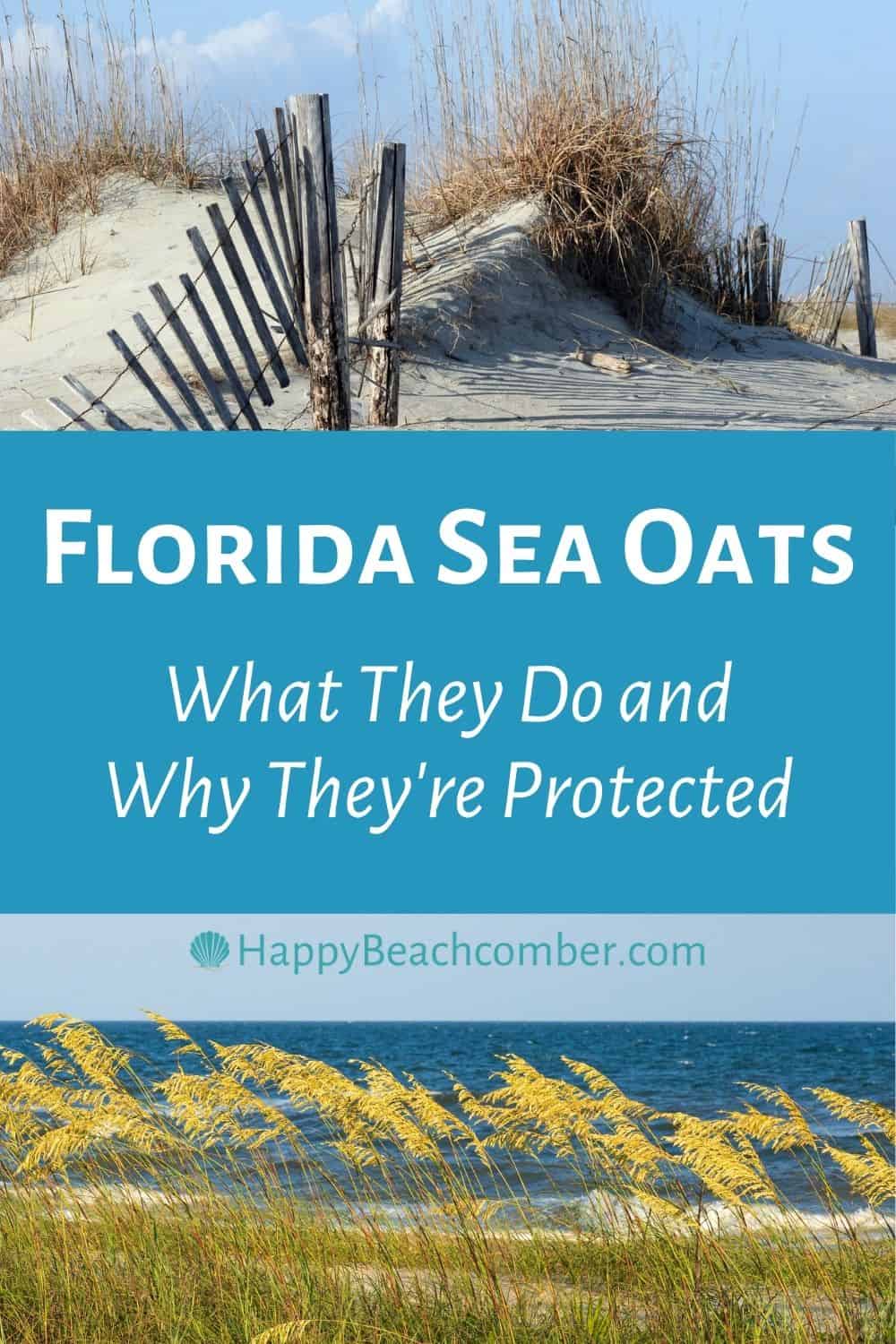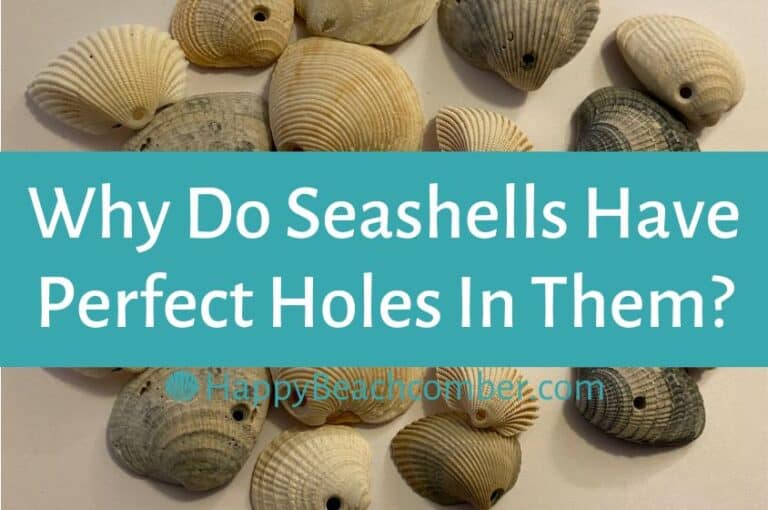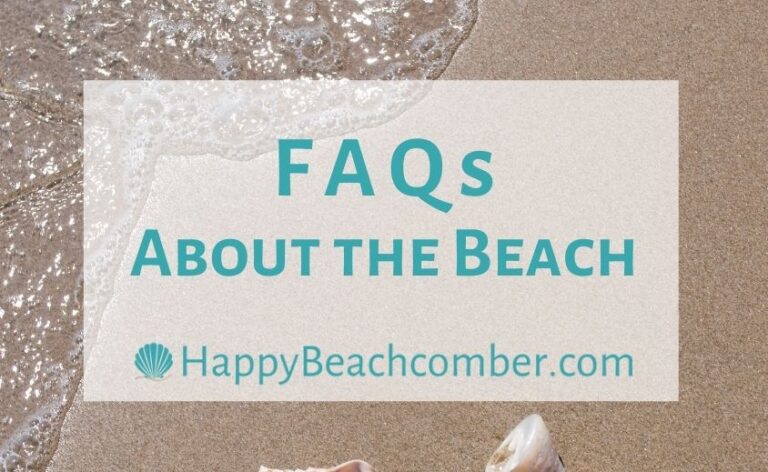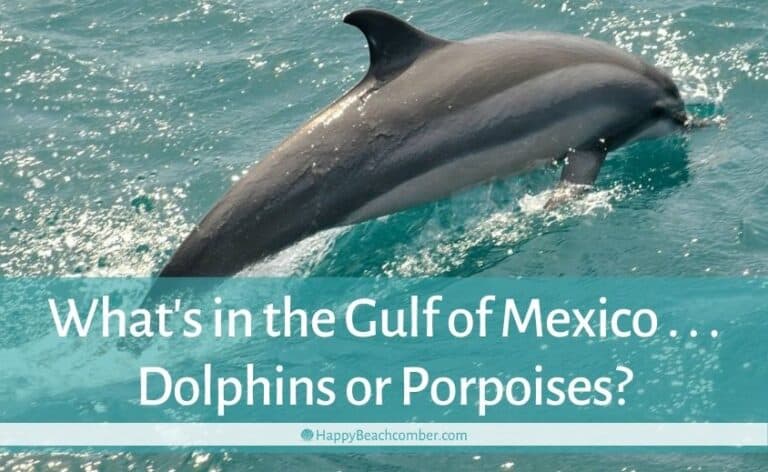Florida Sea Oats – What They Do and Why They’re Protected
Don’t mess with Florida sea oats! No kidding, they’re protected, and it’s important. If you love the beach you’ll appreciate knowing why this matters so much.
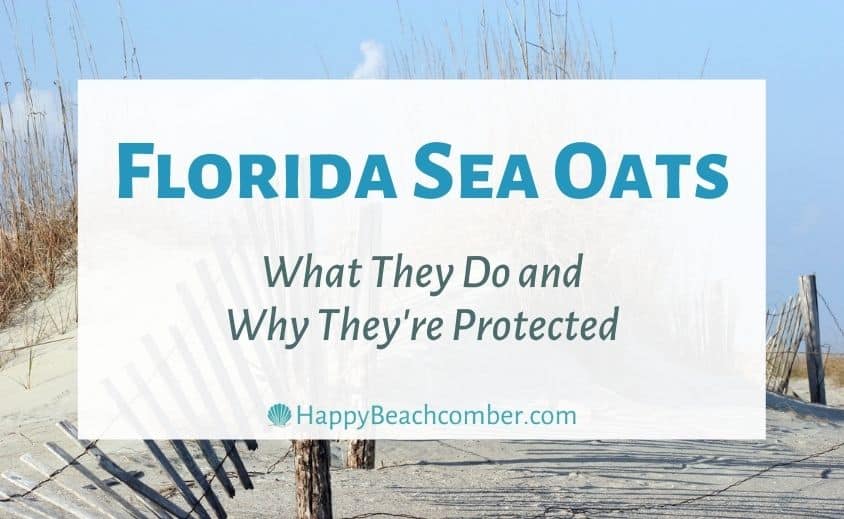
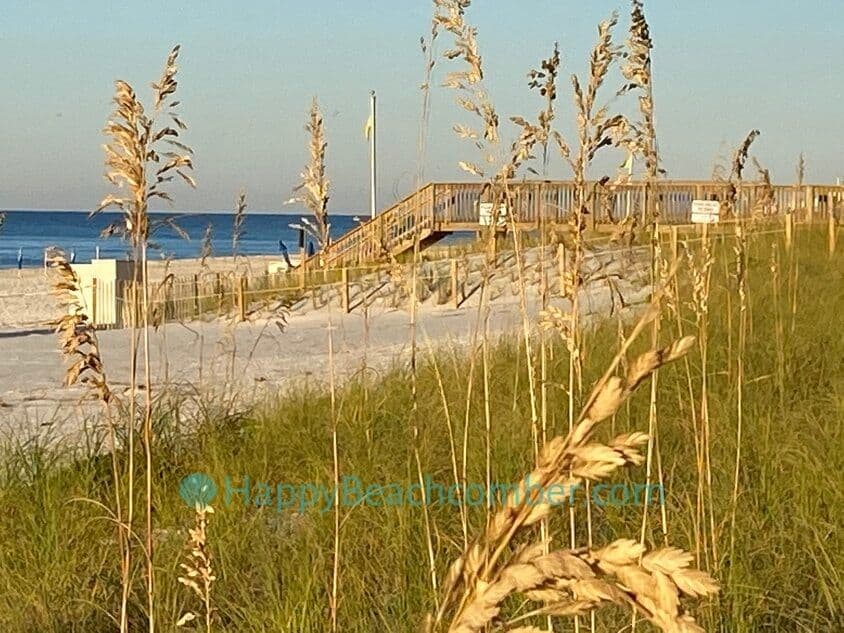
What Are Sea Oats?
If you’ve been to an Emerald Coast beach, you’ve seen sea oats. The scientific name is Uniola paniculata, and it’s the tall golden grass that grows on sand dunes. In developed areas it’s often interspersed with small sections of open wooden fencing.
During summer this grass produces plumes that look somewhat like oats, thus the name. Sea oats typically grow up to 6 feet tall, and they look rather pretty blowing in the ocean breeze, especially when the tips droop over from the weight of the heavy blooms at the tops.
Sea oats are not exclusive to Florida. You’ll see them on beaches in Virginia, the Carolinas, along the coastline of Florida through Alabama all the way to Mississippi. This hardy, drought resistant grass has an extensive root system and thrives in dry, sandy soil.
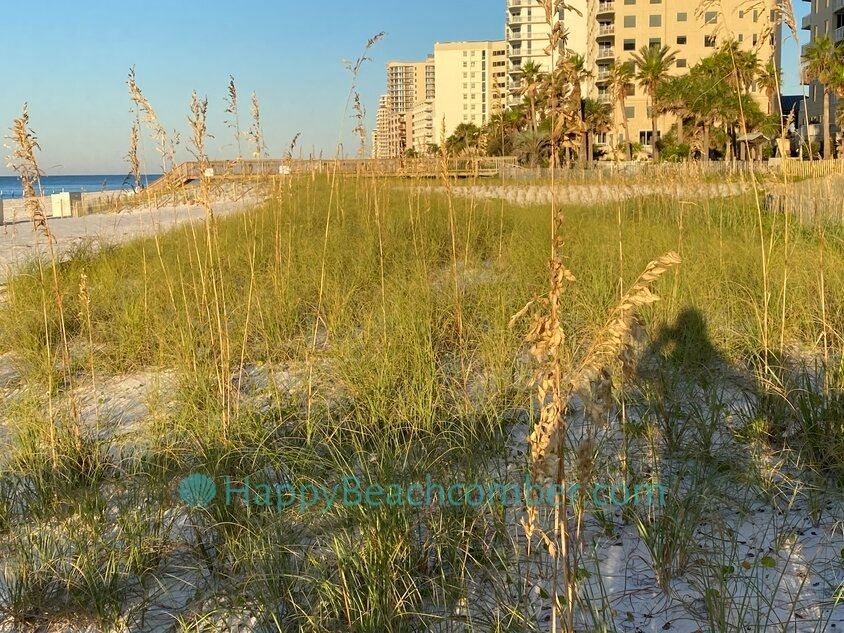
What Purpose Does This “Grass” Serve?
Root systems of sea oats consist of very deep tap roots and rhizomes that run laterally. Due to that and the way the grass traps sand at its base above ground, it plays a significant role in stabilizing existing sand dunes and in the development of new dunes. Sea oats also provide protection for dunes from storm surges.
Perhaps most interesting is the effect of blowing sand. Normally that would reduce the size of sand dunes, but when sea oats are present the blowing sand piles up around the base of the grass and actually stimulates it to grow above the drifting sand. In the process, an additional part of the plant is buried beneath the sand, which stabilizes the dune even more.
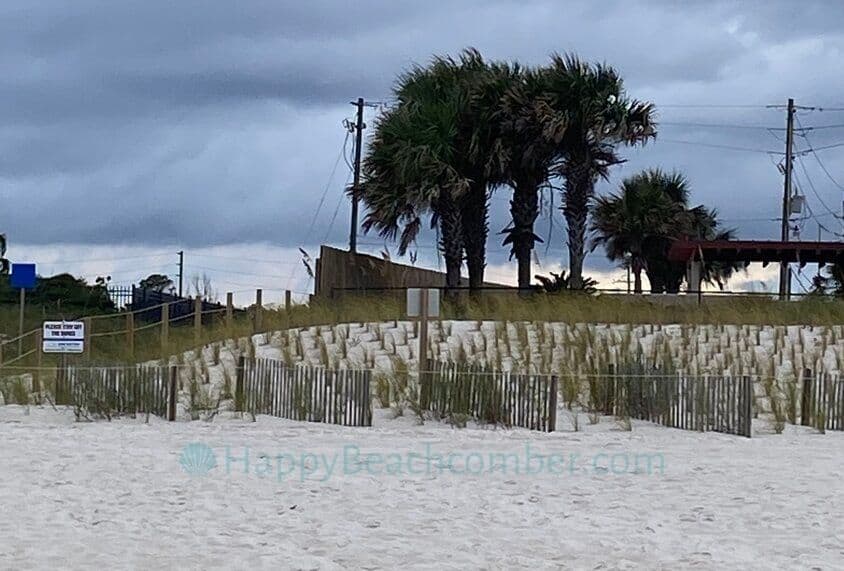
Why Are Florida Sea Oats Protected?
Coastal erosion is nothing new. It’s been happening all over the world for thousands of years due to natural phenomena.
Erosion along the Gulf Coast also occurs naturally, but it has increased in recent history due to vegetation loss, rainfall intensity, flooding and conservation matters. The majority of serious damage has been from the seven major hurricanes that struck the Gulf Coast during the last decade. Add to that all the tropical storms and depressions, and that adds up to a tremendous amount of damage – partly from wind, and partly from the runoff of intense rainfall that washes away soil because of a lack of vegetation.
Clearly, the presence of sea oats is vital to coastal preservation. This grass plays a major role in erosion prevention. As explained above, the presence of this hearty grass helps protect existing sand dunes while also encouraging the development of new dunes.
One other purpose of sea oats is providing a food source for certain coastal critters. The seeds are eaten by a variety of wildlife including red-winged blackbirds, sparrows, and marsh rabbits. Sea oats are also a crucial food source for the rare Anastasia Island beach mouse.
What are the laws pertaining to sea oats?
In the state of Florida it is illegal to cut, harvest, or use any method to remove sea oats. You may obtain sea oats seedlings from licensed growers, but you may not dig up and transplant sea oats that you find growing.
Even restoration projects are regulated, requiring permits in some cases. Volunteers must obtain all required information and follow specific guidelines for their projects.
Further, it isn’t just Florida. The cities of Gulf Shores and Orange Beach, Alabama, have laws in place that prohibit disturbing sea oats in any way. You can’t dig around them, pick them, remove them or walk on sand dunes where sea oats are growing. That means no photo ops on dunes with sea oats. Similar laws exist in the Carolinas and other states. Penalties range from fines to possible imprisonment.
Now that you understand the significance of sea oats, you will surely want to respect those “stay off the grass” signs. After all, if you truly love the beach, then you’ll appreciate the vital role that sea oats play in the coastal ecosystem.
If you found this info useful please share on Pinterest and help spread the word!
